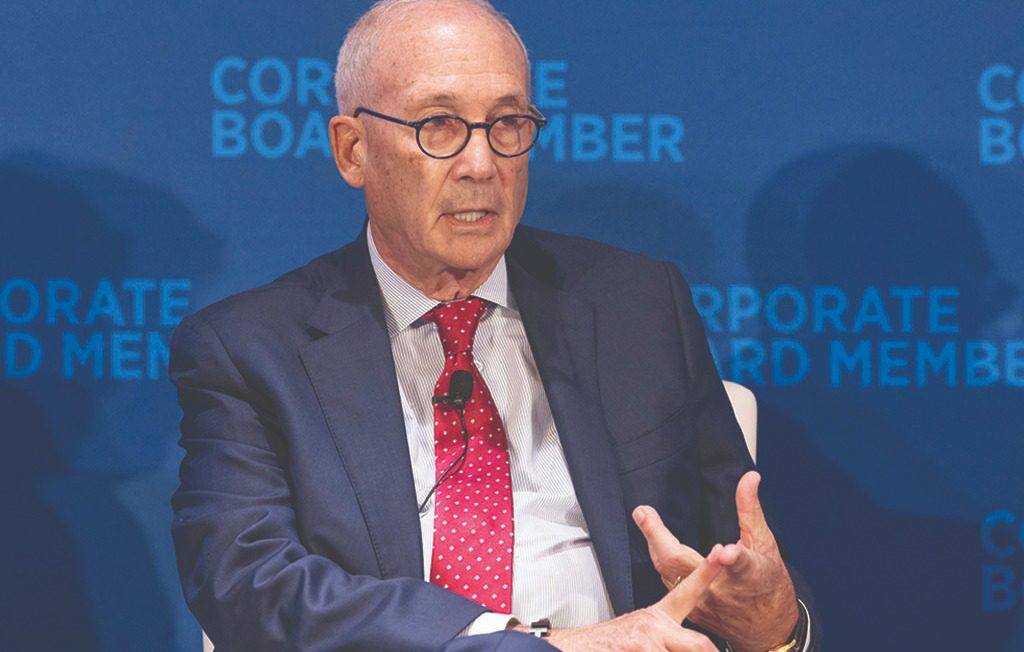From Allstate to Disney to P&G and Mondelēz and more, one of the most famous—and for many board members, intimidating—activist investors in the game is Trian Partners. Co-founder Peter May joined Fred Reynolds, a board member at Raytheon Technologies and Pinterest and a former director at Trian target Mondelēz, for a candid conversation about what boards can learn from May’s approach to reinvigorating a business—before an activist knocks.
What gets on the Trian team’s radar?
“They’re looking for underperformance against peers,” said May. “That’s probably the single, the easiest way to synthesize it. It’s companies that have lost their way, [who] haven’t really maximized the opportunities in the businesses that they’re in, have fallen behind in technology, which is a big thing in today’s world. But it really is underperformance.”
What happens when Trian joins the board?
Reynolds, who encountered the investing firm during his stint on the board of Mondelēz, put it this way: “If we were going 35 miles an hour…. Trian made us go 45 miles an hour.”
May agreed. “It’s a sense of urgency,” said May. “Obviously you’ve got to be a good citizen, you’ve got to do all the other things that are important in today’s world. But what we try to do is have an ownership mentality and try to have companies and management and boards think about their business… as entrepreneurs.”
How do they evaluate management?
“I’ve always said that we as a firm evaluate the quality of management who are willing, No. 1, to hire people who want their job and who they think are good enough to take their job,” said May. “The managers who always surround themselves with sycophants are the worst.”
How does Trian evaluate meetings?
“The most important thing that a board member can do is to challenge management,” said May, “not to have board meetings be a lot of show and tell, but to have board meetings be open discussions… and to really understand the industry they’re in, what their peers are doing and what that company is or isn’t doing.”
What must boards have today?
“You’ve got to have somebody in technology because every company is a technology company,” said May. “You’ve got to have people with those skill sets.”
May’s key move? “One of the things we try to do is get on the compensation committee of every company in which we we invest,” said May. “That’s the single most connected place for achieving results. If the compensation system is too complicated, so the employees can’t or the management can’t really understand it, or if it’s too aggressive, and therefore they’re never going to get there, it’s ineffective.”







